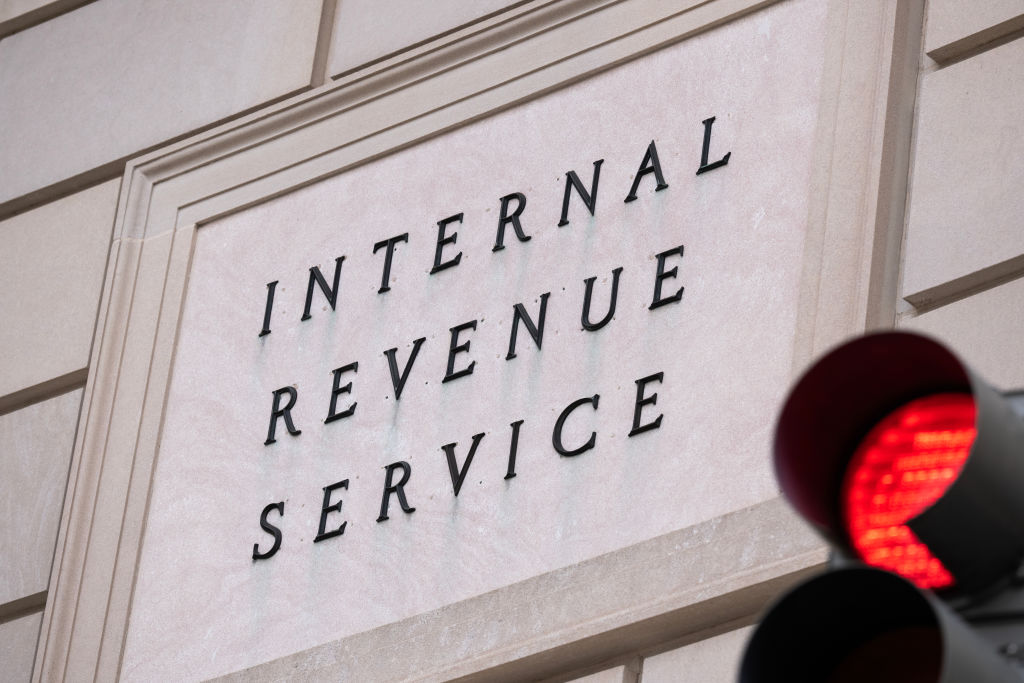The United States Immigration and Customs Enforcement (ICE) has received clearance to request personal information from the Internal Revenue Service (IRS) about undocumented taxpayers.
On Monday, April 7, 2025, the Department of Homeland Security (DHS) and the IRS filed a memorandum of understanding (MOU) signed by Treasury Secretary Scott Bessent and Homeland Security Secretary Kristi Noem, according to The Guardian.
The agreement gives immigration enforcement officials unprecedented access to help President Donald Trump fulfill his promise of mass deportations as his administration continues to investigate undocumented immigrants still in the country after receiving a final removal order from a judge.
“As laid out in the MOU, DHS can legally request return information relating to individuals under criminal investigation, and the IRS must provide it,” per a court filing, which outlines the procedures for making such requests and specifies the role of each agency in accessing the information.
Undocumented immigrants do not have Social Security Numbers; they file taxes using an Individual Taxpayer Identification Number (ITIN). When requesting information from the IRS, ICE must provide the taxpayer’s name and address, the federal criminal statute under investigation, and the reason why disclosure of the tax information would be relevant to the criminal proceeding, according to The Guardian.
After ICE submits its request, the IRS would cross-reference that information with confidential taxpayer records to confirm or deny the details, AFROTECH™ noted.
On March 24, AFROTECH™ reported that the IRS was in the process of finalizing the deal to grant ICE access to confidential taxpayer data to locate and deport undocumented immigrants — a move many view as a direct betrayal of a system that encouraged participation in tax filing but is now threatening punishment in return.
Per The Guardian, immigrants’ rights groups Centro de Trabajadores Unidos and Immigrant Solidarity Dupage, represented by Public Citizen and other lawyers, filed a lawsuit in March challenging these plans to share IRS information. The lawsuit states that the Internal Revenue Code stipulates that tax records for all taxpayers must remain confidential and may only be disclosed when authorized by law.
“Taxpayer privacy is a cornerstone of the US tax system,” Public Citizen co-president Lisa Gilbert told the outlet. “This movement by the IRS is an unprecedented breach of taxpayer privacy laws – confidentiality which has been respected by both political parties for decades.”
However, the court filing notes that the Internal Revenue Code leaves room for “properly applying its numerous exceptions” to ensure compliance with laws that impose criminal penalties for immigration-related offenses. Specifically, certain aliens who knowingly remain in the U.S. for over 90 days after receiving a final removal notice face up to four years of imprisonment.
“Plaintiffs cannot show any irreparable harm proximately caused by the Defendants necessitating a preliminary injunction, because the conduct expressly contemplated in the MOU and at issue in Plaintiff’s Amended Complaint— providing information to assist criminal investigations—is lawful,” the court filing reads.
As of April 7, 2025, Homeland Security officials have not yet requested any tax return information, The Guardian reported.

















